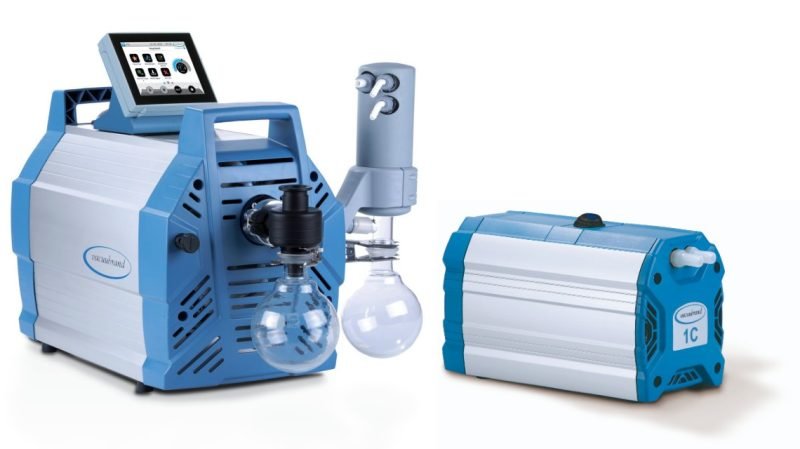Efficient conducting of chemical reactions in a laboratory is often impossible without specialized equipment. Using different devices, you can set up various features, including temperature and volume of solutions, to ensure perfect conditions for your chemical experiments. A laboratory pump — https://chemist.eu/catalog/laboratory-equipment/pumpcatalog/laboratory-equipment/pump — is one of the most frequently applied tools there. Let’s take a closer look at its application methods:
- Vacuum filtration: Laboratory pumps are commonly used for vacuum filtration processes, where they help facilitate the separation of solids from liquids by creating a pressure differential.
- Solvent evaporation: Pumps are essential for solvent evaporation processes, such as rotary evaporation, where they create a controlled vacuum to remove solvents from samples or solutions.
- Liquid transfer: Laboratory pumps are used for precise liquid transfer applications, ensuring accurate and controlled dispensing of liquids in various laboratory processes.
- Distillation: Pumps are commonly utilized in distillation setups, where they enable the separation of volatile components from a mixture by creating a vacuum or providing controlled pressure.
- Vacuum drying: Laboratory pumps are used for vacuum drying processes, where they remove moisture or solvents from samples under reduced pressure conditions.
- Gel electrophoresis: Pumps are employed in gel electrophoresis systems to circulate buffer solutions, ensuring proper separation and migration of DNA, RNA, or proteins through the gel matrix.
- Freeze-drying: Pumps are essential for freeze-drying processes, also known as lyophilization, where they facilitate the removal of water from frozen samples under vacuum conditions.
- Environmental monitoring: Pump laboratory might be employed in various environmental monitoring applications, such as air sampling or gas analysis, to collect and transport samples for analysis.
How to choose a pump for the laboratory
Before you buy laboratory pump to use all its features, it’s suggested to take into account the following considerations:
- Determine your application requirements: Consider the specific needs of your laboratory, such as the required flow rate, pressure range, and the type of fluids or gases you will be handling.
- Evaluate compatibility: Ensure that the pump you choose is compatible with the chemicals or substances you will be working with, taking into account their corrosiveness, viscosity, and temperature.
- Assess performance and reliability: Look for pumps that offer reliable performance, consistent flow rates, and low noise levels to ensure accurate and efficient operations in your laboratory.
- Consider maintenance and ease of use: Opt for pumps that are easy to operate, maintain, and clean, with readily available spare parts and user-friendly interfaces.
- Safety features: Prioritize pumps that have safety features such as overpressure protection, leak detection, and built-in safety controls to minimize the risk of accidents or equipment damage.
- Size and space requirements: Consider the available space in your laboratory and choose a pump size that fits comfortably while allowing for proper ventilation and maintenance access.
- Energy efficiency: Look for pumps that offer energy-efficient operation to reduce power consumption and minimize long-term operational costs.
- Seek recommendations and reviews: Consult with colleagues, read product reviews, and seek recommendations from reputable sources to gain insights into the performance and reliability of different pump models.
- Budget considerations: Determine your budget range and consider the overall value provided by the pump in terms of performance, reliability, and features.
We hope this short guide will be a useful source for you when choosing efficient laboratory equipment for experiments with chemical compounds.
Read Dive is a leading technology blog focusing on different domains like Blockchain, AI, Chatbot, Fintech, Health Tech, Software Development and Testing. For guest blogging, please feel free to contact at readdive@gmail.com.





